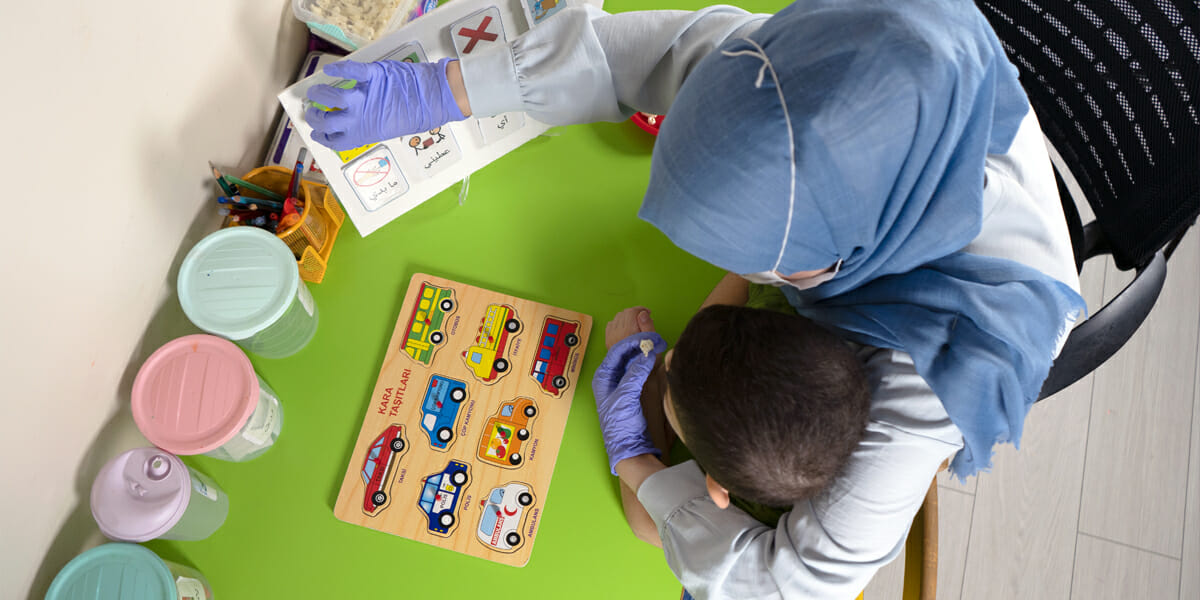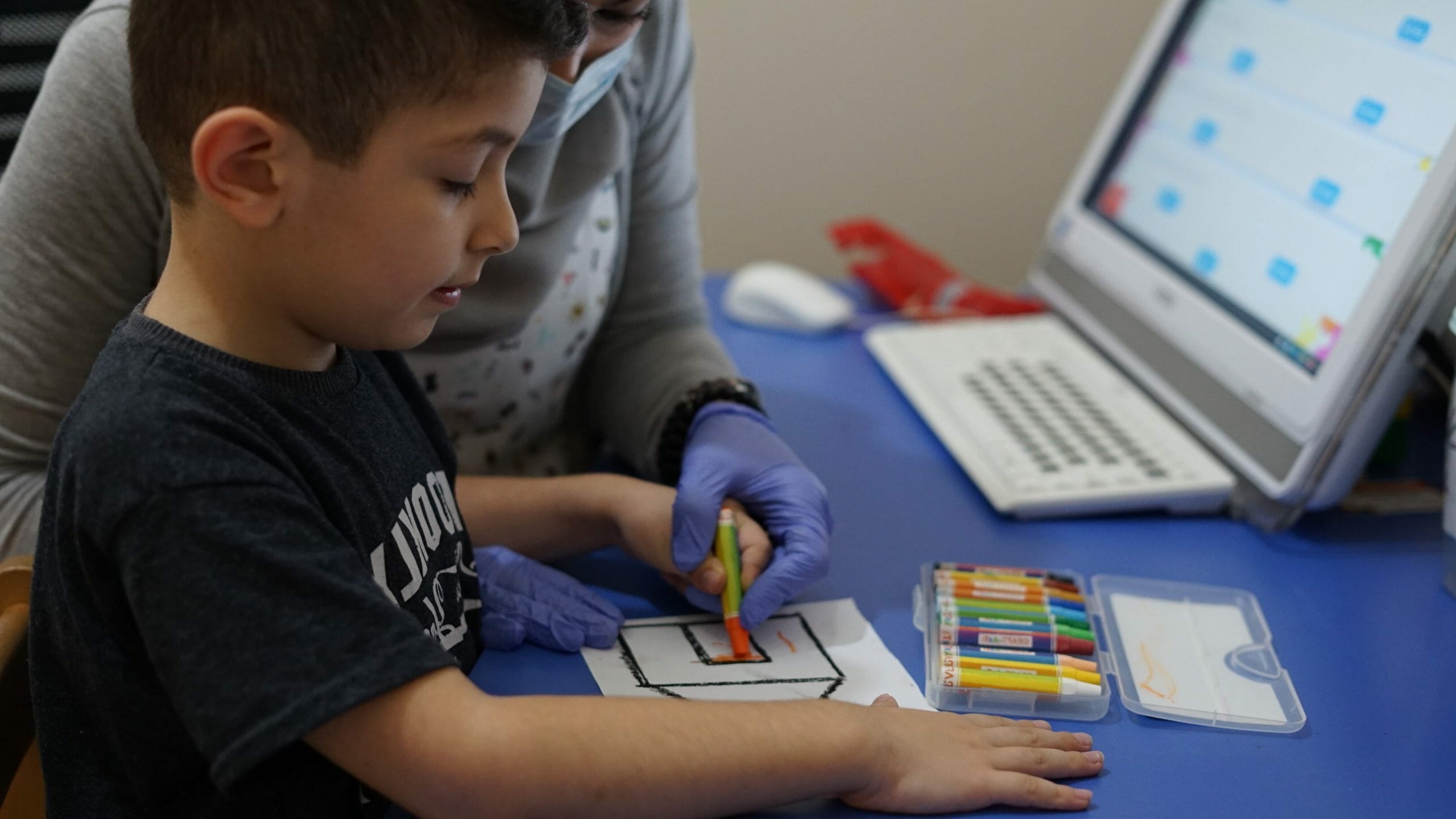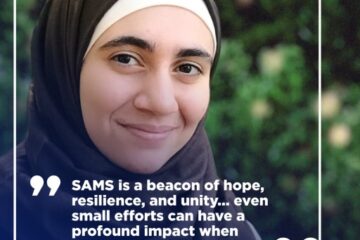May 24, 2021
Around 7.5 million Syrian children and adolescents are currently in need of support due to conflict, with more than half showing signs of mental and emotional distress (UNHCR). Though many refugees show immense resilience in the face of these challenges, we also know that far too many children are experiencing major disruptions to their development. If left untreated, this can cause mental, emotional, and physiological problems that follow them throughout their lives. Providing mental health and psychosocial support (MHPSS) for younger individuals is a critical part of long-term recovery for Syria’s next generation. 
Of the MHPSS services currently available for young Syrians, most focus on psychological problems resulting from the decade of conflict such as grief, PTSD, depression, and anxiety. Other services focus on issues specific to life in a humanitarian setting by addressing disruptions to education, social support systems, and opportunities for growth. These are critical services, and there is no doubt as to the importance of implementing these programs and the extensive impact they have on beneficiaries. And yet, the mental health needs of Syrians encompass far more than symptoms resulting from the war. Mental illness did not begin in 2011, and a number of Syrians have entered into the crisis with pre-existing disorders such as clinical depression, bipolar disorder, schizophrenia, and other conditions. Also included in this are those who were born with intellectual and developmental disabilities that affect their ability to learn, reason, problem-solve, and adapt to new situations.
One example is Autism spectrum disorders (ASD), which affect an estimated one in 270 people (WHO, 2020). Children with ASD can be affected by war in disproportionate ways as they often have limited communication, a lack of expressive language, and a difficult time adjusting to transitions. In situations of conflict and crisis, they may react by withdrawing, experiencing a worsening of symptoms, or becoming increasingly aggressive. Autistic children often require special care and extra support to help them process the situation and cope with the many changes and uncertainties they face.
SAMS recognizes the needs of Syrian children struggling with ASD and is working to provide them with the support they need in order to restore a sense of normalcy in their lives. With funding from the U.S. State Department’s Bureau of Population, Refugees, and Migration, SAMS is partnering with Take My Hand Social Assistance Association in Istanbul to provide specialized behavioral support services to Syrian refugee children with autism. The program uses an applied behavioral analysis (ABA) approach to provide these youth with development and learning sessions that are tailored to their specific needs. This includes sessions on expressive speech, self-care, play, gross and fine motor skills, imitation, literacy, and sensory integrative therapy. This program currently serves 59 Syrian refugee children with autism.
The program also provides extra support for parents of ASD children, who face the extraordinarily difficult task of caring for a child with special needs while attending to their own response to grief and loss. SAMS is helping to ease their burden through the provision of individual consultations, self-care activities, psychosocial support services, and autism awareness workshops. All of these services are able to be continued amid the COVID-19 pandemic through the use of a phone application that helps caregivers use the ABA approach with their children at home while also receiving monitoring support from program staff.
Syria’s refugee children continue to bear the brunt of the 10-year conflict while experiencing unspeakable trauma and violence. We can all do something to support these children. The need to invest in mental health is paramount to rebuilding Syria. If you are interested in learning more about the center and ways to support it, please contact us at info@sams-usa.net.




